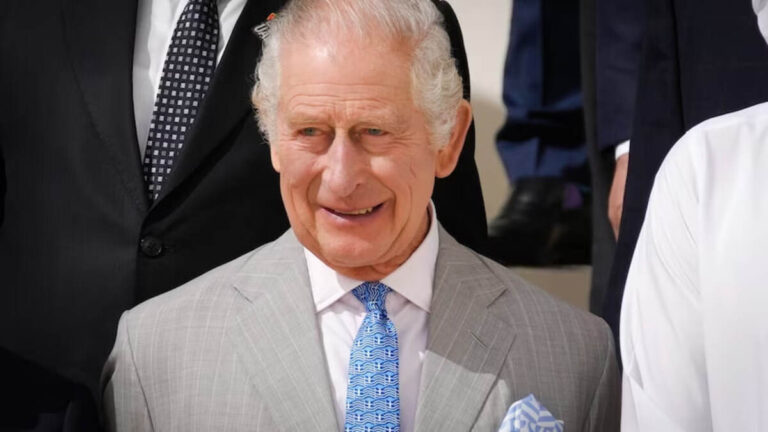BRUSSELS, Dec 8 (Reuters) – France, Germany and the EU executive expressed hope on Friday that EU governments would reach an agreement on the bloc’s fiscal rules by the end of the year, with Spain floating the idea of convening an extraordinary meeting to achieve that goal.
France and Germany still differ on how to sustain investment when budget deficits are above EU limits, and other countries, roughly in two camps behind Paris and Berlin, are wrangling over other issues, including the minimum pace of debt reduction.
The new rules are important for bond investors and for the credibility of EU fiscal coordination as the European Central Bank needs fiscal policy to help fight inflation.
EU finance ministers debated changes to the rules on Thursday and into the early hours of Friday, aiming to agree on a joint position that would then be negotiated with the European Parliament early in 2024.
French Finance Minister Bruno Le Maire said that France was determined to reach a deal by the end of 2023. He said that he and his EU counterparts were already 95% there. German finance minister Christian Lindner put the figure at 92%.
European Commissioner for the Economy Paolo Gentiloni said he was optimistic an agreement would be reached in the coming days. He said legal and technical aspects were still being discussed, along with the room for manoeuvre on investments.
Lindner said there was now general agreement that deficits and debt reduction needed clear rules. He added that there should be no doubt that excessive deficits had to be reduced.
A reform of the rules, which underpin the euro currency by setting limits on government debt at 60% of GDP and for deficits at 3%, is necessary because a surge in public debt after the COVID-19 pandemic made the existing framework unrealistic.
EU governments also have to find ways for the rules to allow for the large public investment needed to fight climate change, a challenge the old system does not address.
Spanish Finance Minister Nadia Calvino, whose country holds the six-month rotating EU presidency said an extraordinary Ecofin meeting of finance ministers could be called before the end of the year.
Le Maire said he was open to another Ecofin before Dec. 25.
A meeting would most likely be in the week starting Dec. 18, after next week’s EU leaders’ summit.
The reform under discussion is to ease the current fiscal consolidation requirements by offering each country tailor-made debt reduction paths over four to seven years along with incentives to invest.
Time is pressing because the new rules have to get the approval of the current European Parliament which will dissolve in April before European elections in June.
Source: Reuters







